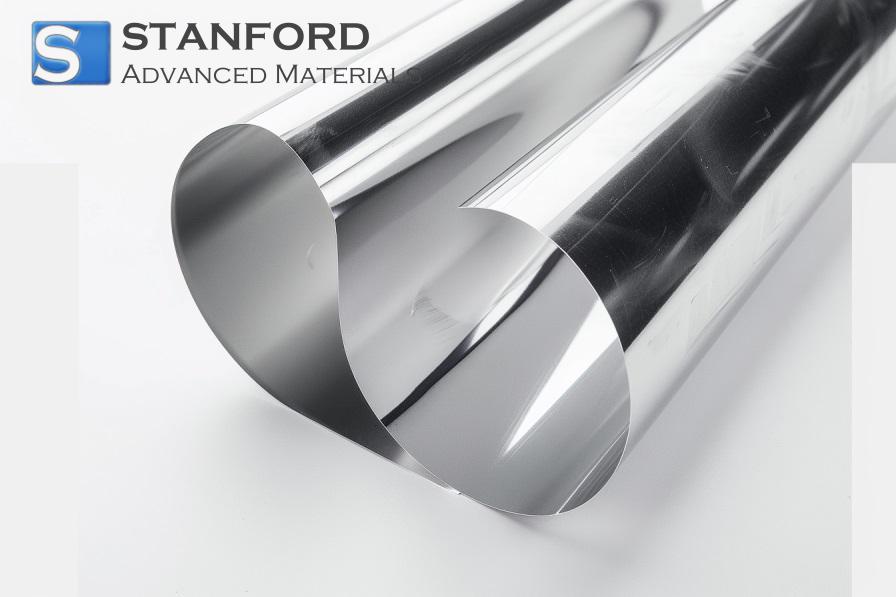Application Of Molybdenum In Chemical Industry
For molybdenum, the density is 10.2 g/cm³, the melting point is 2610℃, and the boiling point is 5560℃. Its chemical stability is high and it is not attacked by hydrochloric acid, hydrofluoric acid or alkaline substances. However, it may be affected by nitric acid, aqua regia or hot concentrated sulphuric acid. Molybdenum is an essential additive in steel-making. A specified quantity is incorporated during steel refining. This addition alters the hardness and toughness of iron and steel. Consequently, the price of molybdenum increased because iron and steel prices rose.

In addition to its use in steel refining, molybdenum is utilised in the chemical industry. It is primarily employed in the manufacture of molybdenum-based catalysts, pigments, lubricants, smoke suppressants and flame retardants.
Catalysts: Molybdenum compounds are used as catalysts in many processing operations, such as the refining and production of organic chemicals. The variety and number of molybdenum-based catalysts are increasing.
Pigments: Molybdenum is available mainly in three types of pigments: basic colour pigments, molybdenum orange and corrosion-resistant pigments. Molybdenum orange is commonly used in automotive coatings and printing inks. Corrosion-resistant pigments containing molybdenum, such as zinc molybdate, calcium molybdate and sodium molybdate, are produced from these raw materials. These corrosion-resistant pigments are increasingly used in the iron and steel industries. Their use contributes to environmental protection.
Lubricants: Pure molybdenum disulfide is an important solid lubricant. It can be added to manufacture high-temperature and high-pressure bearings, thereby providing effective lubrication. In powdered form, molybdenum disulfide may be suspended in oil or mixed into coatings. When included in greases, it helps to reduce surface irregularities at high temperatures.
Smoke Suppressants and Flame Retardants: Additives containing calcium molybdate and zinc molybdate are used as smoke suppressants in the coatings and plastics industries. These molybdenum compounds carbonise to suppress fire hazards.
In a pluralistic society, various resources have different applications. Given that technological capabilities are limited, the full potential of any material may not be realised.

 Bars
Bars
 Beads & Spheres
Beads & Spheres
 Bolts & Nuts
Bolts & Nuts
 Crucibles
Crucibles
 Discs
Discs
 Fibers & Fabrics
Fibers & Fabrics
 Films
Films
 Flake
Flake
 Foams
Foams
 Foil
Foil
 Granules
Granules
 Honeycombs
Honeycombs
 Ink
Ink
 Laminate
Laminate
 Lumps
Lumps
 Meshes
Meshes
 Metallised Film
Metallised Film
 Plate
Plate
 Powders
Powders
 Rod
Rod
 Sheets
Sheets
 Single Crystals
Single Crystals
 Sputtering Target
Sputtering Target
 Tubes
Tubes
 Washer
Washer
 Wires
Wires
 Converters & Calculators
Converters & Calculators
 Write for Us
Write for Us



 Chin Trento
Chin Trento


